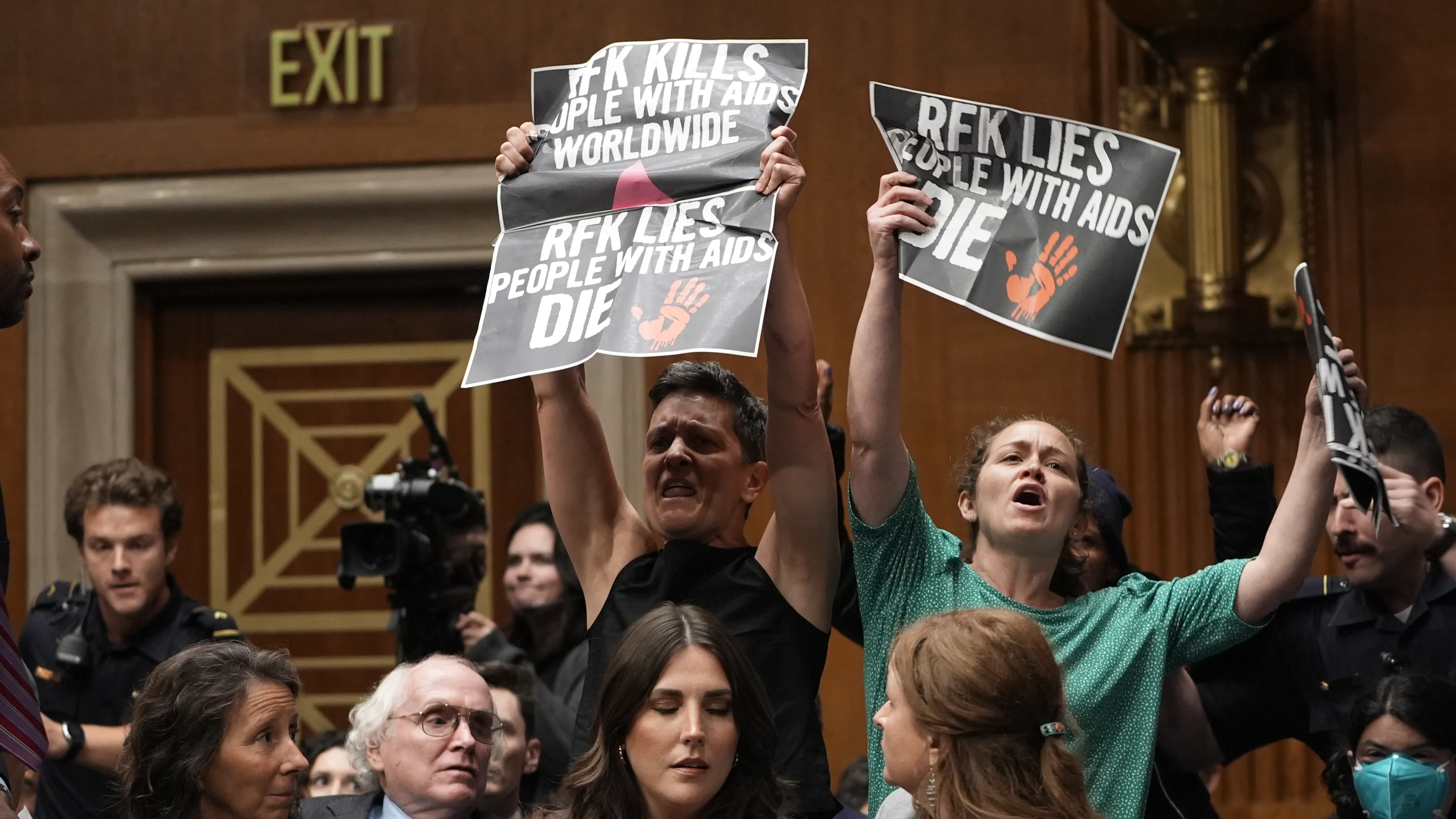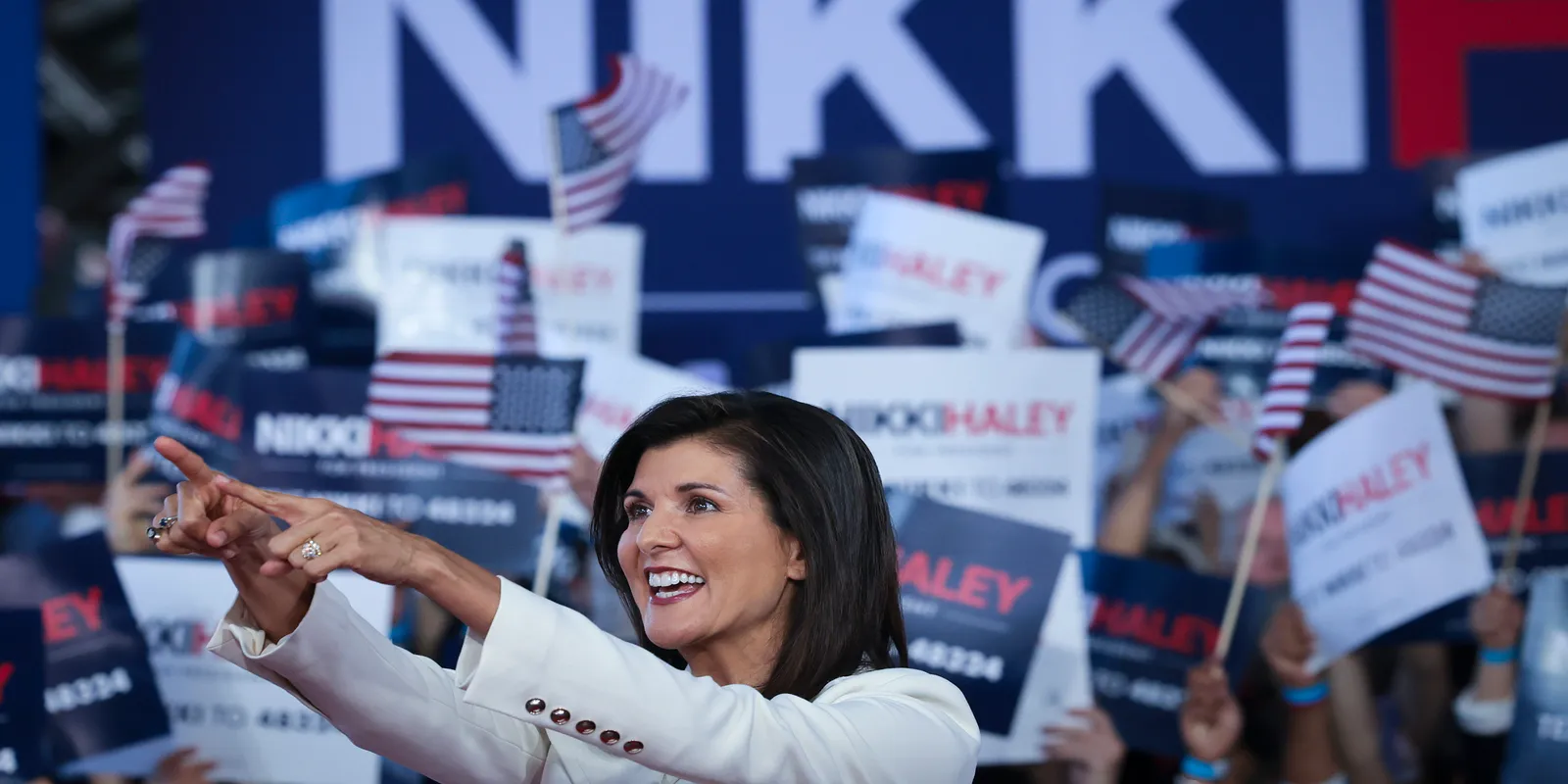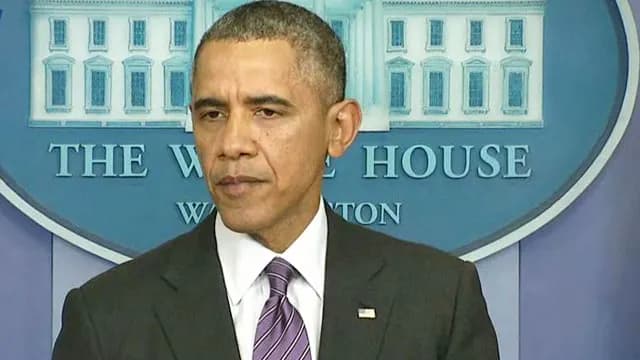The Affordable Care Act (ACA) was heralded as a monumental achievement of the Obama administration, designed to provide health insurance to millions of uninsured Americans. Yet, 15 years after its enactment, over 30 million people remain without health coverage. This shocking statistic underscores a systemic failure in our healthcare policy, revealing the deep inequities that persist in our society.
Healthcare Inequities Persist Despite ACA
According to the Patient Protection and Affordable Care Act, signed into law on March 23, 2010, health insurance was mandated for all individuals by 2014. Despite this ambitious goal, access to healthcare continues to elude many, particularly marginalized communities. The ACA expanded Medicaid and created health insurance marketplaces, yet disparities in coverage and access have only widened.
Impact of Socioeconomic Status on Health Access
Research indicates that socioeconomic status plays a critical role in healthcare access. Those living in poverty often face barriers such as transportation challenges, lack of information about available services, and systemic discrimination. In 2019, a study found that nearly 20% of low-income adults reported being unable to access healthcare due to cost, even with the ACA"s protections in place. As reported by the American Journal of Public Health, this illustrates the urgent need for reform in our approach to healthcare equity.
\n\n
Recap: RFK Jr. defends massive HHS budget cuts before Congress
Racial and Ethnic Disparities in Health Coverage
Racial and ethnic minorities are disproportionately affected by the gaps in coverage. A recent analysis by the World Health Organization highlighted that Black and Hispanic Americans are more likely to be uninsured than their white counterparts. This disparity is not merely statistical; it translates into real-world consequences, including higher rates of chronic illnesses and lower life expectancy.
The Role of Public Health Infrastructure
Public health has a long history of being shaped by the socio-political landscape of the United States. The 1850 Report of a General Plan for the Promotion of the Public and Personal Health of Massachusetts laid the groundwork for our public health infrastructure by emphasizing sanitation and disease prevention. However, as we"ve seen through the evolution of public health crises—from the cholera outbreaks of the 19th century to the COVID-19 pandemic—our systems have often failed to adapt effectively to new challenges.
\n\n
Medicaid expansion should be a no-brainer but not for 2024 ...
Pandemic Preparedness Must Address Systemic Inequities
The COVID-19 pandemic exposed the fragility of our healthcare system and the inequities present within it. As we reflect on the past few years, it is evident that the health of the population is inextricably linked to social determinants. According to the University of Southern California, factors such as housing stability, education, and access to nutritious food are vital for public health outcomes. Without addressing these systemic issues, any attempt to enhance pandemic preparedness will be futile.
The ACA initiated a necessary conversation about healthcare access, but real progress requires a commitment to dismantling the structures that perpetuate inequality. As we look to the future, we must advocate for policies that not only expand coverage but also ensure that all communities can access the care they need and deserve.

![[Video] Anti-ICE Protester Pepper Sprayed as CBP Agents Disperse Crowd in Minneapolis](/_next/image?url=%2Fapi%2Fimage%2Fthumbnails%2Fthumbnail-1768260677127-y71sb7-thumbnail.jpg&w=3840&q=75)

![[Video] Several injured as U-Haul truck drives through Iranian protestors in Los Angeles](/_next/image?url=%2Fapi%2Fimage%2Fthumbnails%2Fthumbnail-1768176682028-q95y6j-thumbnail.jpg&w=3840&q=75)
![[Video] Scuffle breaks out between Trump supporters and Anti-ICE protesters in Times Square](/_next/image?url=%2Fapi%2Fimage%2Fthumbnails%2Fthumbnail-1768165958203-hgcgb-thumbnail.jpg&w=3840&q=75)


![[Video] Gunfire between Iraqi security forces and Sadr militias in Baghdad](/_next/image?url=%2Fapi%2Fimage%2Fthumbnails%2Fthumbnail-1768343508874-4redb-thumbnail.jpg&w=3840&q=75)
